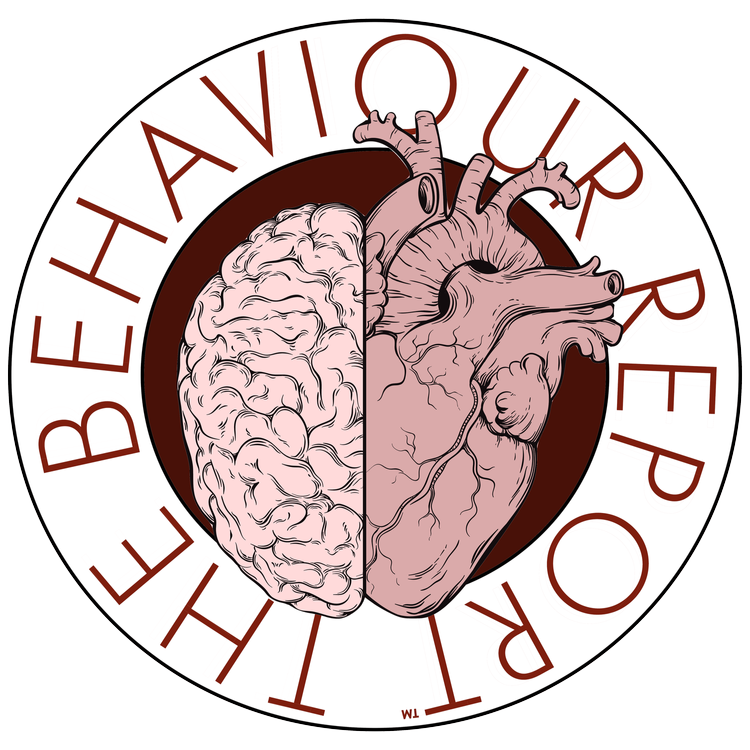Dan Gregory @DanGregoryCo
As markets and communities become more polarised around issues of ethics and values, with both sides shouting “fake news” whenever their team is disparaged and where once revered institutions are being held to account for historical crimes, we are experiencing a decline and even a deficit in trust. This is cause for concern.
Trust and reputational value have always been important considerations in human society and are in fact part of the glue that allowed human groupings to move from family, to tribes, to communities and ultimately cities and nations. Trust was hard earned, easily lost and hence regarded as incredibly precious.
So while technologies like social media have been critical in terms of positively mobilising public accountability of those in power like never before, the trust deficit also threatens to undermine shared social agreements as well as making commercial competition more perilous and indeed treacherous.
So how might we establish, or rebuild, trust?
Acknowledge their intuition
Protesting your innocence or reacting defensively without first addressing the intuition a particular cohort has regarding your trustworthiness is wasted effort. Human beings tend to seek justifiction for their intuitions rather than searching for truth, something psychologists such as Peter Wason refer to as confirmation bias.
This means that arguing your case will fall on deaf ears if all you do is offer information to the contrary. This makes it critical to find points of agreement, where you can affirm aspects of their points of view, before you can shift them.
In other words, play to the emotions before reasoning with the brain.
Listen openly and let them speak first
Some people gravitate to conflict and enjoy nothing more than a stand up argument over issues close to their heart. I am one of them. However, this is not always a winning strategy unless you characterise winning as shouting someone else down. Which again… I often do.
Robert Cialdini in his book Influence, described one of the facets of influence as “Reciprocity”. You do something for me and, if I am a reasonable human being, I tend to feel obliged to do something for you.
By allowing them to speak first, and listening to their views whilst affirming those you can find agreement on, you set in place an unconscious expectation of reciprocity - which makes them more open to hearing your point of view, or at least giving you the space to make your case.
Be inconveniently honest and confound their defensiveness
Trust almost always outweighs truth in human communications, however a divulgence of truth, especially inconvenient truth such as a mea culpa, tend to evoke trust in response.
From “their” point of view, it seems logical to assume that if you’re telling the truth about something that puts you at risk, even if it is only reputationally, why would you lie about less important issues. Radical honesty creates the expectation of universal honesty.
Used strategically, a vulnerable admission can transform the trust expectations within your audience.
Affirm their identity
All human behaviour is shaped by our sense of identity - both our individual identity and that of the groups or tribes we associate with to reaffirm that identity. This makes challenging a core tenet of a person’s identity a strategy that will only lead to them irrationally defending their position despite the robustness of your evidence to the contrary.
To avoid this, consider what values hierarchy are they using to make meaning and evaluate your trustworthiness, and speak through those, using the correct order of their ethics, from most important to least, to guide your narrative argument.
Give them a win
Finally, if you want to win, you have to help them feel like they won too. No one likes to be told their wrong, even when it is clear that we might be. Not only does a win/loss binary argument rob you of any of the benefits of reciprocity, it also frames you as a bully - someone they may give in to in your presence but then undermine behind your back. Hardly conducive to cultivating trust
In the end, trust and reputation are amongst our greatest commercial and social assets, and as much as the scientist in me would like to assert that truth and reason matters above all, the behavioural strategist in me knows that emotional responses, like trust, carry far more weight in human affairs.
